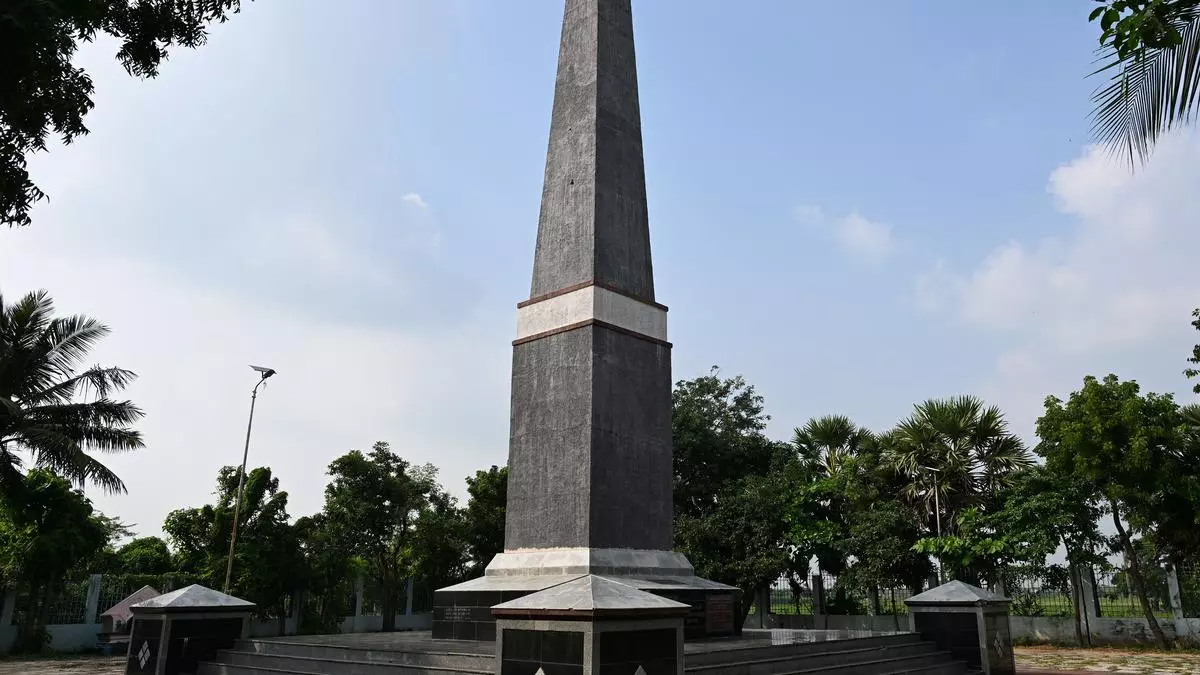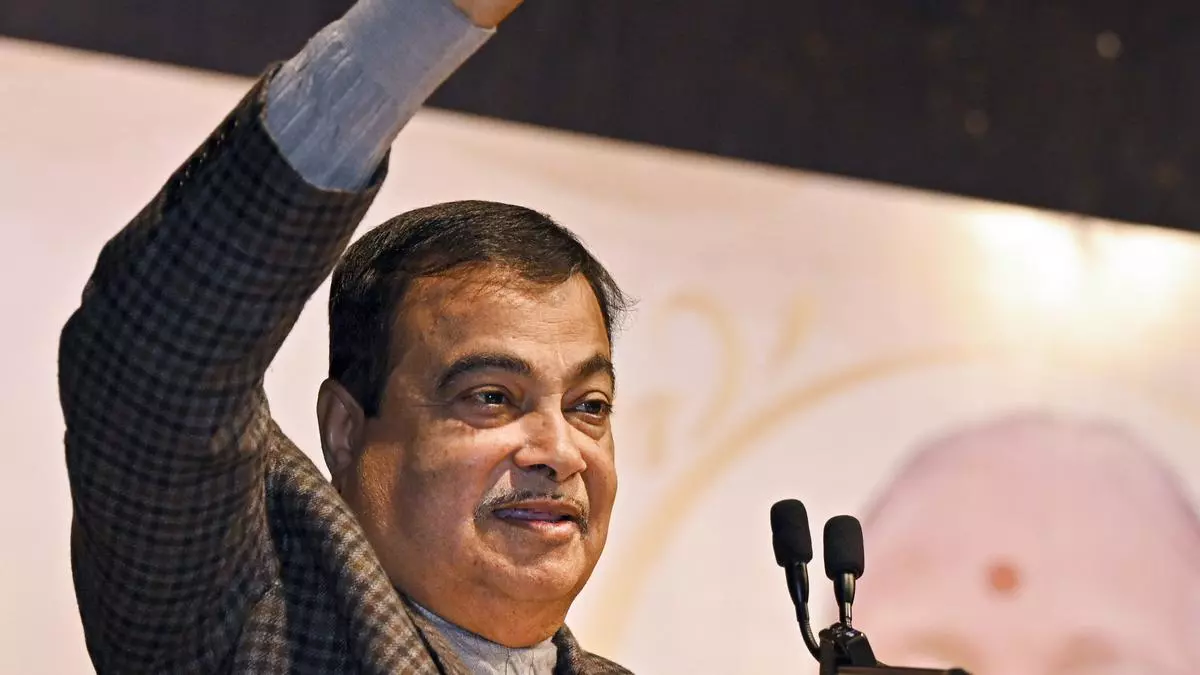The Centre had held ‘closed-door’ discussions with 29 key stakeholders, including Amazon, Google, Apple, Meta, Twitter, Flipkart, Uber, Swiggy and Zomato, who are expected to be affected by the proposed Digital Competition Bill, the Lok Sabha was informed on Monday.
This private consultations in March 2023 was held under the Centre’s Pre-Legislative Consultation Policy (PLCP).
This was followed up by public consultations with stakeholders from March 12,2024 to May 15,2024, Nirmala Sitharaman, Union Finance and Corporate Affairs Minister confirmed in a written reply to Lok Sabha question on the Status of Draft Digital Competition Bill.
The draft Bill and the report of the Committee on Digital Competition Law (CDCL) were made available online, allowing for wider public input.
Sitharaman highlighted that more than 100 stakeholders submitted responses, ranging from legal professionals, industry associations, civil society organisations and domestic and foreign digital enterprises providing digital services in India. Consultations were held with key industry bodies such as NASSCOM, Internet and Mobile Association of India (IAMAI).
Stakeholder discussions were also organised by the Ministry of Electronics and Information Technology (MeitY) between June 18-20,2024, she added.
“Suggestions/inputs/comments received from stakeholders are being examined”, Sitharaman said.
Centre has in recent years been making decisive strides toward enacting the much-anticipated Draft Digital Competition Bill (DCB), signaling a robust effort to establish a fair and transparent digital economy.
There is now wide expectation that the Government will introduce the DCB in Parliament next year.
This legislative push aims to regulate the dominance of digital platforms, promote healthy competition, and safeguard consumer interests in India’s rapidly growing digital ecosystem.
Who Participated?
The consultation process saw an unprecedented turnout, with inputs from tech giants like Microsoft, Netflix, and Uber, industry associations such as FICCI, and international groups including the American Bar Association and the US-India Business Council. Indian startups and digital innovators, represented by the Alliance of Digital India Foundation (ADIF) and the Founders of the Indian Digital Startup Ecosystem, voiced their concerns regarding market fairness and platform neutrality.
What’s at Stake?
The Draft Digital Competition Bill aims to address critical concerns about anti-competitive practices in the digital economy, including:
Platform Dominance: Ensuring that major platforms do not abuse their market power.
Data Portability and Interoperability: Facilitating easier access for smaller competitors.
Consumer Protection: Safeguarding users from exploitative practices, including unfair pricing and algorithmic biases.
Industry observers believe the Bill could set the tone for India’s digital economy regulation, akin to global precedents like the EU’s Digital Markets Act.
Next Steps
The government is currently evaluating the voluminous feedback, with officials indicating that the refined draft Bill could be tabled in Parliament soon. While no specific timeline was provided, experts predict that the government is likely to push for its introduction during the upcoming budget session.
A Balancing Act
The Bill is seen as a bold move to strike a balance between fostering innovation and curbing monopolistic practices in India’s digital economy, which is projected to surpass $1 trillion by 2030. However, implementing the legislation will require addressing the concerns of stakeholders, including global tech giants and domestic startups.
For India’s burgeoning digital ecosystem, the Draft Digital Competition Bill represents not just a regulatory milestone but a critical moment in shaping the future of fair competition and consumer trust, economy watchers said.








Leave a Comment